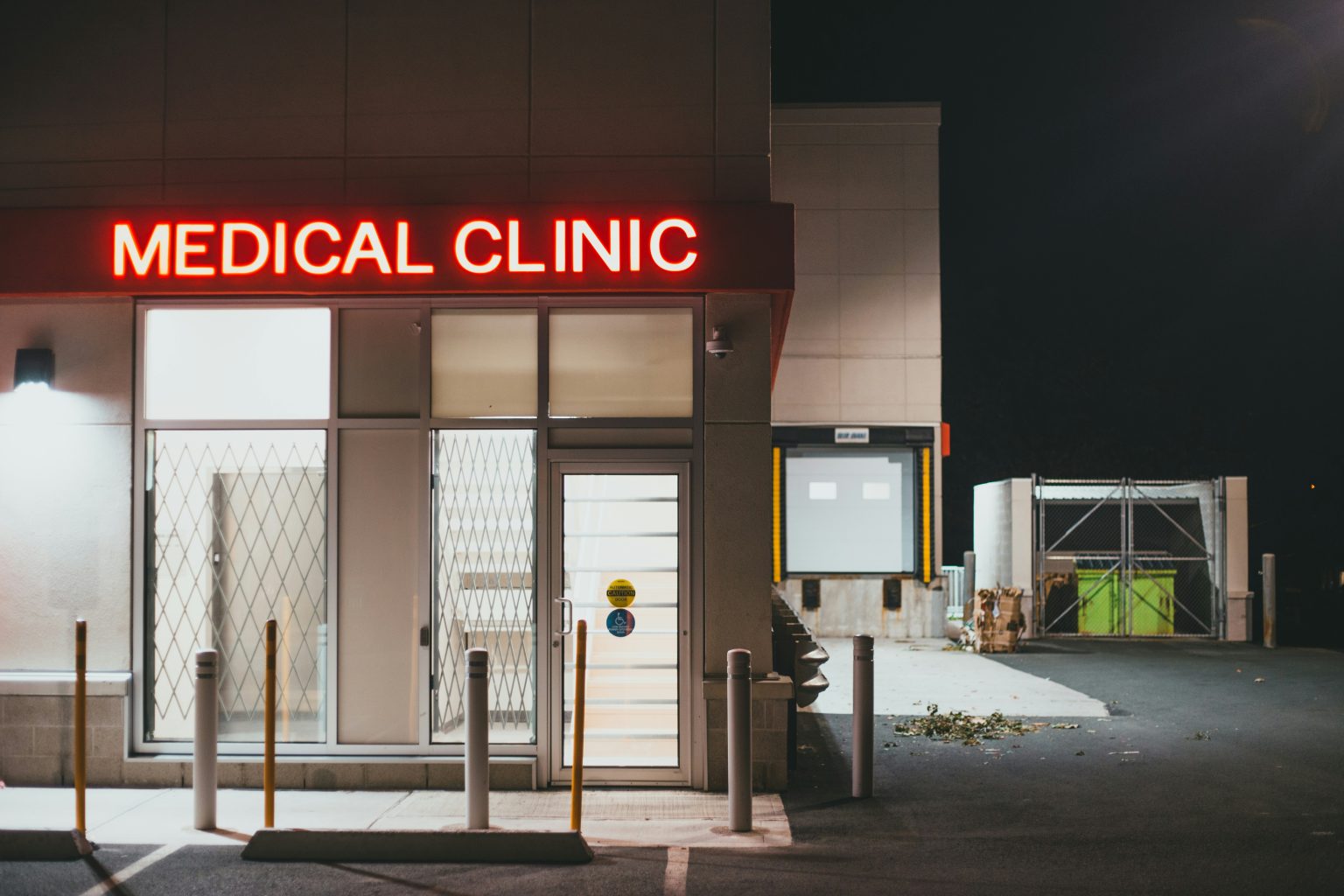When you’re dealing with a sudden illness or injury, finding fast, reliable medical care is a top priority. For many people, urgent care clinics provide a convenient and efficient alternative to traditional emergency rooms and primary care offices. Designed to handle non-life-threatening conditions that still require timely attention, urgent care centers have grown in popularity due to their accessibility, shorter wait times, and cost-effective services. Understanding the benefits of urgent care clinics can help you make informed decisions about where to seek treatment when you need it most.
Faster Access to Medical Attention
One of the most significant benefits of urgent care clinics is the speed at which patients are seen. Unlike hospital emergency rooms, which prioritize patients based on the severity of their condition, urgent care clinics typically operate on a first-come, first-served basis. This means that patients with minor to moderate health issues can receive medical attention much faster. Most urgent care centers are equipped to handle a variety of common medical needs, reducing the long wait times that are often associated with emergency rooms.
Extended Hours and Walk-In Availability
Urgent care clinics often have extended hours, including evenings and weekends, making them a convenient option when your primary care doctor’s office is closed. This accessibility is especially important for busy individuals who cannot take time off work or school during regular office hours. Additionally, urgent care clinics do not require appointments. You can walk in at your convenience and receive prompt care without the need to schedule days or weeks in advance, which is particularly helpful when symptoms arise unexpectedly.
Cost-Effective Alternative to the Emergency Room
For non-life-threatening conditions, urgent care clinics provide a far more affordable option compared to emergency room visits. The cost of treatment at an ER can be significantly higher due to the hospital setting and level of resources required. Urgent care centers, on the other hand, operate with lower overhead and are designed to manage less severe conditions, resulting in lower fees for patients. This makes urgent care clinics a smart choice for treating minor injuries, infections, and illnesses without the financial strain associated with hospital care.
Wide Range of Services Offered
Urgent care clinics are equipped to handle a variety of medical issues, including sprains, cuts, minor fractures, infections, allergies, cold and flu symptoms, and more. Many clinics also provide diagnostic services such as X-rays, lab testing, and physical exams. This broad range of services allows patients to receive comprehensive care under one roof without needing to visit multiple locations. Some urgent care centers even offer vaccinations, occupational health services, and preventive care, making them a versatile resource for individuals and families.
Convenient Location and Accessibility
Urgent care clinics are typically located in easily accessible areas, such as shopping centers or community hubs, making them convenient for people who need quick care close to home or work. The widespread availability of these clinics means patients can usually find one nearby without having to travel long distances. This accessibility plays a key role in reducing the burden on hospital emergency departments by redirecting patients with less critical needs to more appropriate facilities.
Reduced Burden on Emergency Rooms
By offering care for non-life-threatening conditions, urgent care clinics help reduce overcrowding in emergency rooms. Hospital ERs are designed to treat the most severe and critical cases, and when they become overwhelmed with patients who could be treated elsewhere, it can delay care for those in urgent need. By choosing an urgent care clinic for mild to moderate concerns, patients not only receive faster treatment themselves but also contribute to a more efficient healthcare system overall.
High-Quality Care by Qualified Professionals
Urgent care clinics are staffed by licensed medical professionals, including physicians, nurse practitioners, and physician assistants. These healthcare providers are trained to diagnose and treat a wide variety of conditions, ensuring that patients receive safe and effective care. Many urgent care physicians have experience in emergency medicine or family practice, making them well-equipped to assess symptoms, provide treatment, and recommend follow-up care when needed. Patients can feel confident that they are receiving quality care even outside of the traditional doctor’s office setting.
Minimal Disruption to Daily Life
Because urgent care clinics are fast, accessible, and often nearby, they minimize the disruption that medical issues can cause in your daily life. Whether you’re dealing with a minor injury before work, a sick child after school hours, or a sudden illness on the weekend, urgent care clinics allow you to address the problem quickly and return to your routine. This flexibility is particularly valuable for working adults, parents, and students who can’t afford lengthy hospital waits or delayed appointments with a primary care provider.
Ideal for Travelers and Visitors
For people who are traveling or temporarily away from home, urgent care clinics offer a dependable option for medical care. Unlike primary care doctors who require an established relationship or prior appointments, urgent care clinics are open to anyone who walks in. Travelers who experience minor illnesses or injuries can rely on these facilities to provide prompt attention without the need for emergency room visits in unfamiliar settings. This peace of mind can make a significant difference during vacations or business trips.
A Valuable Complement to Primary Care
Urgent care clinics are not a replacement for primary care providers, but they serve as a valuable complement when timely treatment is needed. While your regular doctor is best suited for managing chronic conditions and long-term health goals, urgent care clinics are ideal for immediate concerns that arise between appointments. Many urgent care centers also provide records of your visit that can be shared with your primary care physician, ensuring continuity of care and proper follow-up when needed.
Conclusion: Making the Most of Urgent Care Services
Urgent care clinics provide an essential service in the modern healthcare landscape. Their speed, convenience, affordability, and range of available treatments make them a smart choice for addressing non-life-threatening medical needs. Whether you need care outside of normal office hours, are looking for a more cost-effective alternative to the ER, or require quick attention without an appointment, urgent care centers offer a practical solution. Understanding the benefits of urgent care clinics empowers you to make better healthcare decisions for yourself and your family when time and accessibility matter most.


